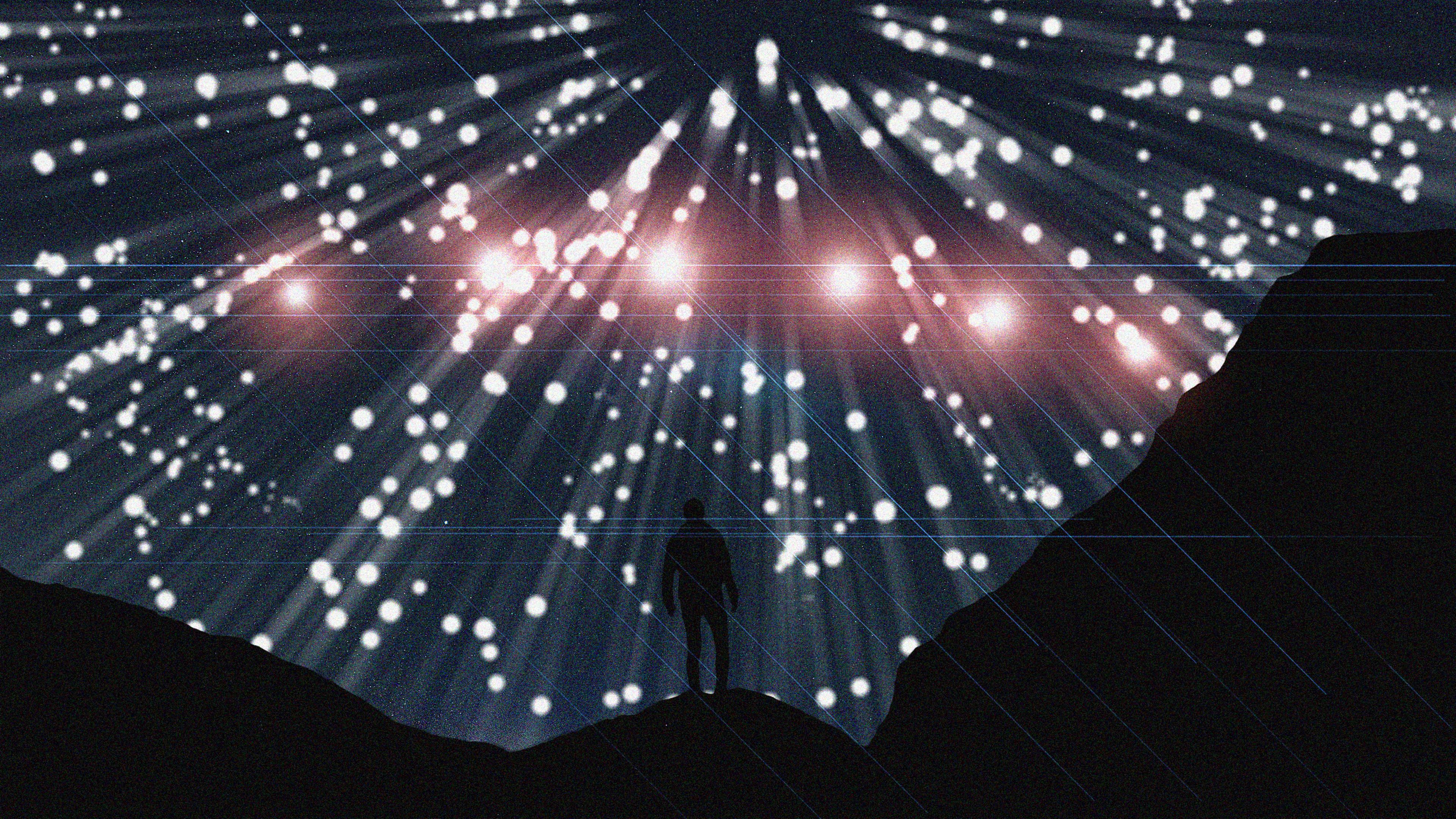A casual glance into the night sky on a clear night reveals 2,500 stars, giving us a view 16,000 lightyears away and into our past. This is our greatest natural wonder: the universe.
For the vast majority of human history, everyone on our planet enjoyed such a view. The stars were a grand unifier of humanity—a visualization of the Earth’s tiny spot in the vast cosmos. Our sky offered a map of our place in existence, twinkling its subliminal whisper into our collective consciousness, “You are here.”
That was until about a century ago, when we began filling our cities with electric lighting. For a while, it was possible to retreat to rural dark skies; but in 2019 SpaceX launched its first Starlink satellite, the initial pinpoint in a sky-wide “constellation” built to provide internet anywhere on Earth. The company is spearheading the global movement to launch satellites that are dotting our sky with artificial stars and could destroy the foundations of casual stargazing and astronomical study within the decade.
As of late 2022, there were roughly 5,000 objects in active orbit, 40% of which were Starlink satellites. And we are on the precipice of an exponential jump. The FCC has applications for 400,000 satellites that could be launched by 2030, about 10% of which could belong to Starlink. (Starlink/SpaceX did not respond to our request to speak for this story.) By 2030, astronomers I spoke to imagine that satellites will outnumber stars in the sky by 30:1.
Recognize your brand’s excellence by applying to this year’s Brands That Matter Awards before the final deadline, June 7.
Sign up for Brands That Matter notifications here.
